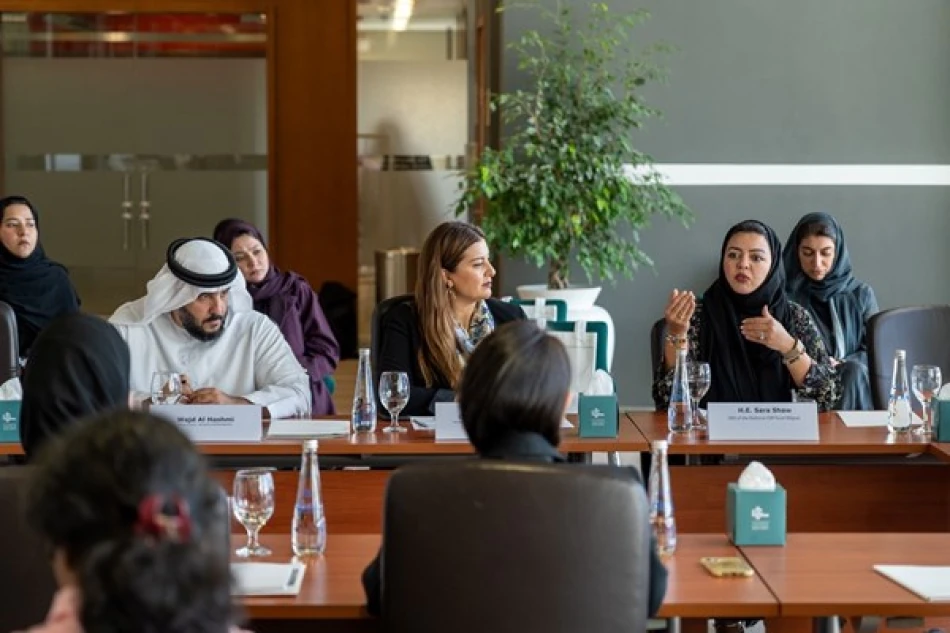
Sharjah's Women Entrepreneurs Host Forum on Social Responsibility and Social Entrepreneurship
The Sharjah Businesswomen Council teamed up with the American University of Sharjah's business school to host a major dialogue on corporate social responsibility and social entrepreneurship. Government officials, business experts, and leading UAE entrepreneurs gathered to discuss how companies can better give back to their communities and create meaningful social impact.
The event, called "Corporate Social Responsibility and Social Entrepreneurship: Pathways to Vision and Opportunities," brought together some heavy hitters from the UAE business scene. Sheikh Fahim bin Sultan Al Qasimi, who heads Sharjah's Government Relations Department and co-founded Seafood Souq, was among the speakers. So were Sarah Shaw from the National Fund for Corporate Social Responsibility, and several professors and founders from social impact organizations.
Maryam bin Al Sheikh, who manages the Sharjah Businesswomen Council, said the goal is simple: help entrepreneurs build better businesses while strengthening the UAE's position in global markets. The council wants to create more knowledge sharing and find practical solutions that actually make a difference in how UAE businesses operate.
But Sheikh Fahim pointed out a real problem. Many entrepreneurs automatically turn to the government when they hit roadblocks, instead of looking to private investors. He says this happens because there's a widespread belief that government provides a safety net that private funding doesn't.
Here's where it gets interesting: Sheikh Fahim thinks the solution isn't about educating entrepreneurs more. It's about educating investors. "There's enough income available," he said. "We need to develop strategies to bring investors together and meet the need for stronger social institutions and investment."
This shift matters because the UAE is trying to build a more diverse economy that doesn't rely so heavily on oil revenue. Social enterprises and responsible business practices can create jobs, solve local problems, and attract international investment. But that only works if there's enough private capital willing to back these ventures.
The discussion reflects a broader trend across the Gulf states, where governments are encouraging more private sector involvement in social and economic development. Countries like Saudi Arabia and the UAE are pushing businesses to take on bigger roles in education, healthcare, and environmental protection.
Most Viewed News

 Layla Al Mansoori
Layla Al Mansoori






